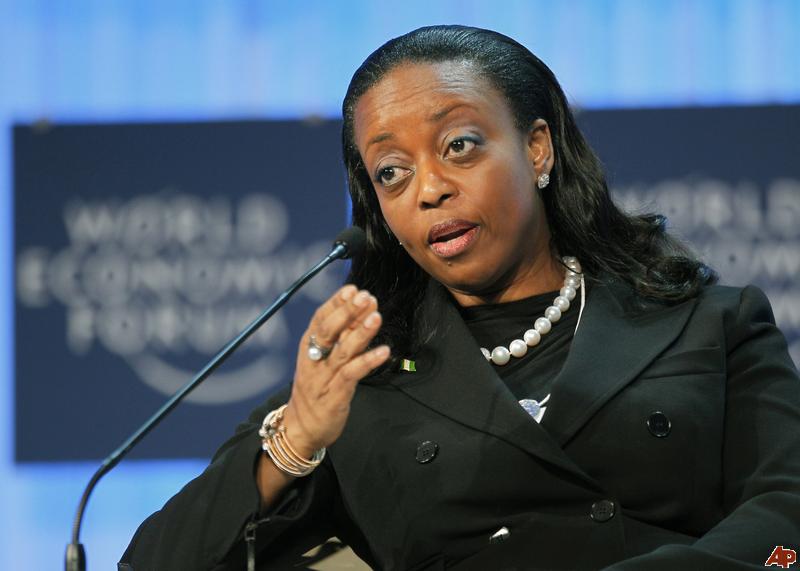Nigeria’s oil minister announced a 213 billion naira (1.3 billion US dollar) bail-out package for power companies on Saturday, nearly a year after the sector was privatised.
Despite holding the world’s ninth largest gas reserves, Nigeria only produces a tenth of the amount of electricity as South Africa for a population three times the size, and in an effort to end decades of debilitating power shortages President Goodluck Jonathan handed ownership of the moribund state electricity company to private buyers last November.
But some companies have already run into financial difficulties linked to debts left by the state power company and regulated prices that remain too low to be profitable.
Most of the companies are private ones linked to oligarchs, although two are listed — Forte Oil, owned by billionaire tycoon Femi Otedola, and Transcorp, chaired by prominent businessman Tony Elumelu.
Some banks are heavily exposed to the sector, the main three being UBA, Diamond Bank and Skye Bank .
“The federal government through the CBN (central bank) … will provide a total financial facility of 213 billion naira ($1.3 billion) to the power sector to settle both their legacy gas debts and also the shortfall in revenues to the power sector since the handover … on November 1 2013,” Oil Minister Diezani Alison-Madueke said in a statement.
“The electricity market … operators will repay this financial facility with a first line charge on their revenues over a period of 10 years,” she added.
Despite slow and costly progress, Jonathan’s effort to privatise the sector — recognised as his greatest achievement since taking elected office in 2011 — and to draw in investment is still the best chance yet for Africa’s biggest economy to unblock a huge bottleneck for development, although hopes that improvements could be felt by 2016 now seem optimistic, analysts say.
Nigeria’s lights are on for only a few hours a day, forcing those who can afford it to rely on expensive diesel generators that burn up billions of dollars worth of fuel.
via@Reuters

